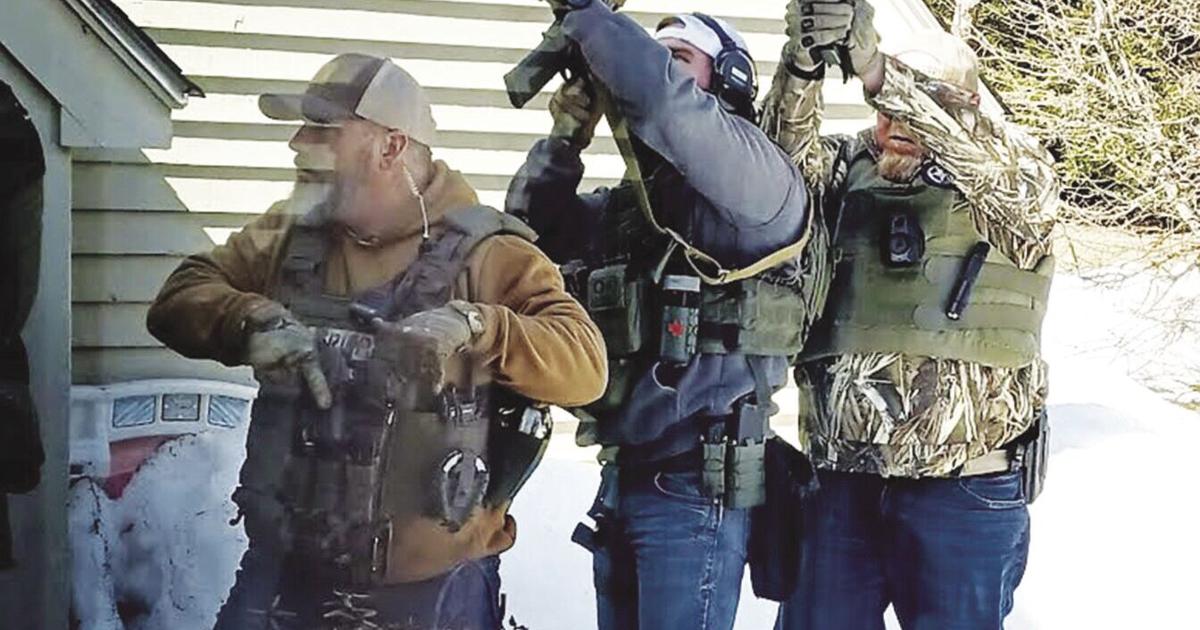Effective June 6, 2016, in New Hampshire, Tier 2 and Tier 3 sex offenders who were convicted before 1992 have a clear process by which they can seek to be relieved of sex offender registration requirements. Full Article
Related posts
-
NH: Former teacher pleads guilty to sexually assaulting an adult student in 2021
Source: wmur.com 4/2/24 BRENTWOOD, N.H. —A New Hampshire teacher of the year finalist pleaded guilty Tuesday... -

NH: With guns drawn and loudly knocking on door, U.S. Marshals follow typical procedure to arrest registrant for not registering
Source: conwaydailysun.com 4/3/23 CONWAY – With guns drawn, U.S. Marshals Service agents arrested a sex offender... -
NH: Sex Offender Accused Of Having Grindr, Facebook Accounts: Concord Log
Source: patch.com 3/7/23 Daniel _____, 38, unknown address in Concord, was arrested at 12:20 p.m. on...

It’s great that they’re finally providing a process, but it still terrible that you basically have to buy your freedom and prove a negative. Hiring a lawyer and getting that evaluation is going to cost thousands, something that’s exceedingly difficult for many of those on the registry considering that being on the registry has great impact on your employment.
“Effective June 6, 2016…” Huh?? That’s two and a half years ago.
And there is no guarantee that the risk assessment comes back as low risk. Actually, they usually don’t.
“At the hearing on the petition for relief the Court must:
– Allow the victim to appear either personally or in writing to express his or her views concerning the offense, the person responsible, and the need for maintaining the registration requirement.
– Consider the statements of the victim when making a decision regarding the petition.”
The victim, any crime victim, is entitled to justice. However, the victim’s role in the process ends with a victim impact statement to be considered at sentencing. At the very least, with a statement at the parole hearing to be considered for a modification of sentence, should there be a parole hearing.
The sex offender registry is not supposed to be victim centric. It is a public safety instrument. Being the victim of a crime, even of a sex crime, does not make a person an expert on public safety.
The victim’s involvement beyond the actual criminal case makes it perfectly clear that this is not about public safety but punishment.
This got my attention:
“The ultimate determination that the court must make is whether the petitioner is no longer a danger to the public and no longer poses a risk that justifies continued registration. ”
Recidivism statistics already indicate the person is no longer a threat to the public, eliminating the risk justifying continued registration (if there even is such a thing).
Here’s a novel thought – how about making the state show indications that any given registrant is among the 1% of registrants that DO sexually re-offend in order to require registration at the outset?